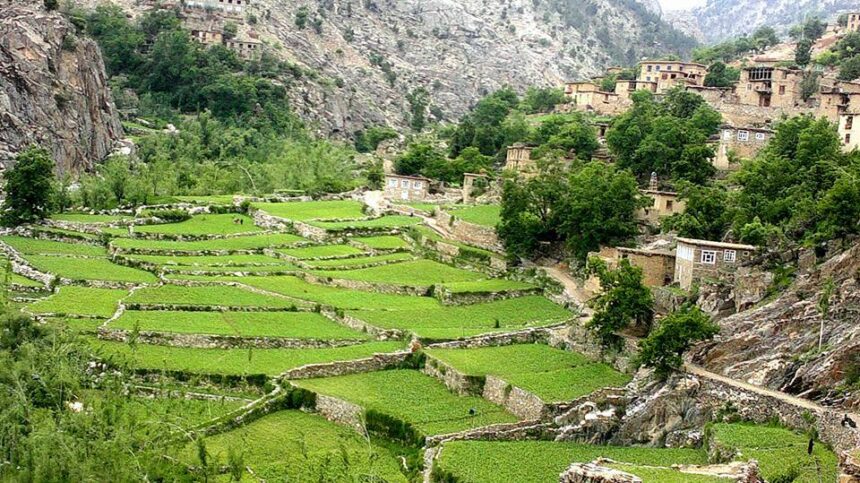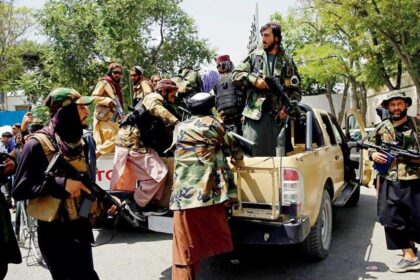RASC News Agency: Local sources in Laghman confirm that a violent land dispute in the province has left five people dead and one critically injured. The Taliban’s local authorities in Laghman have acknowledged the incident, stating that the conflict broke out between two families in Alingar district over land ownership, escalating into a deadly confrontation. Younis Yousafzai, spokesperson for the Taliban’s police command in Laghman, reported that the altercation occurred today Saturday, March 29, in the Qala-e-Dakar area of Noorlam Valley, Alingar district. He noted that the injured individual remains in critical condition due to the severity of their wounds.
Yousafzai further elaborated that among the deceased, three belonged to one family, while two were from the opposing side. Taliban officials claim that their forces swiftly intervened to quell the violence and have since detained multiple individuals connected to the incident. However, no details have been provided regarding the identity of the detainees or any legal actions being pursued. This latest land dispute follows a similar deadly altercation in Laghman just a day earlier. Such conflicts over land and property have become alarmingly frequent across Afghanistan. Last month, a parallel case in Badakhshan resulted in one fatality, with the victim’s family retaliating the next day by fatally stabbing the assailant.
The escalating number of land-related killings underscores a worsening crisis in Afghanistan’s legal and judicial systems. The lack of timely and impartial mechanisms for resolving disputes has exacerbated tensions, fueling violence across the country. Despite its claims of establishing law and order, the Taliban have failed to implement an effective legal framework for handling civil disputes. In cases where they have attempted mediation, they have frequently been accused of bias, corruption, and favoritism toward their affiliates. Additionally, the Taliban’s “Ministry of Vice and Virtue” remains primarily focused on enforcing social restrictions, rather than addressing pressing legal and governance issues. While they urge citizens to report conflicts for resolution, their interventions have often been marked by unilateral rulings that favor individuals with ties to their regime.
With land disputes spiraling out of control and public trust in legal institutions eroding, Afghanistan faces a growing crisis in property rights and dispute resolution, one that threatens to further destabilize communities already struggling under Taliban rule.






